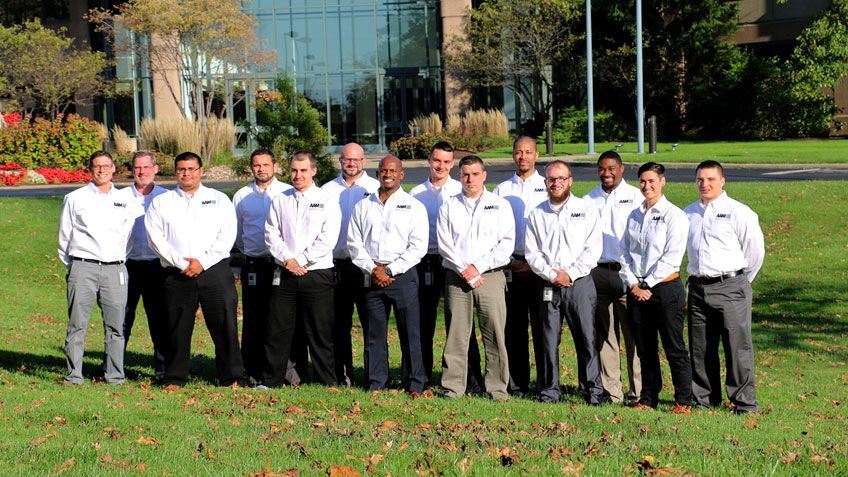Navigating a Different Culture
Some of the characteristics that make the military a great training ground can create issues for veterans when they start their civilian jobs.
A few issues that can cause frustration for veterans (and their new industry colleagues):
1. How things get done. Veterans follow the chain of command to get things done efficiently and effectively. In business, teams brainstorm solutions and reach consensus, seek feedback from leaders at all levels, and disagree across these boundaries.
2. Structure versus flexibility. Military days are structured to complete the mission. Days end when the mission is complete. In business, flexible work schedules meet the needs of individuals and it can feel out of place for veterans to leave before the work is ‘done.’
3. Sense of purpose. Service women and men work through intense situations at a young age. In business, something considered serious might not spark a reaction from a veteran. Missing this sense of purpose and seeing casual attitudes in our civilian counterparts can create isolation.
What’s Expected
Recruiting people with military experience can produce monumental results. They possess leadership and teamwork skills, and strong initiative, self-discipline and work ethic.
To realize success, hiring and people managers must recognize what veterans expect but might not verbalize:
- Immediate feedback. Recruits entering the military at 18 can be in the equivalent of a management role by the age of 20. Young officers and enlisted men and women assume great responsibility at an early age and are given direct and immediate feedback when they make an error. In business, managers often hold feedback until a later time – during an employee review, for example. Military personnel soon realize that in the civilian world responsibility is granted on a longer time horizon and feedback often is less candid and frequent.
- Speak the language. Every industry, company and job has its shortcuts. Managers can’t assume veterans understand the company or industry lingo any more than a civilian might understand what was happening at mission control.
- Time to adjust to the basics. Some veterans may need to learn essentials formerly provided by the military (doctor, dentist or housing, for example). We need to offer connections, referrals and resources.
- Choices are not always a positive. Veterans are accustomed to limited choices (you eat at this time in this place, in these clothes, with this equipment). The vast array of choices in the civilian world can be overwhelming.


